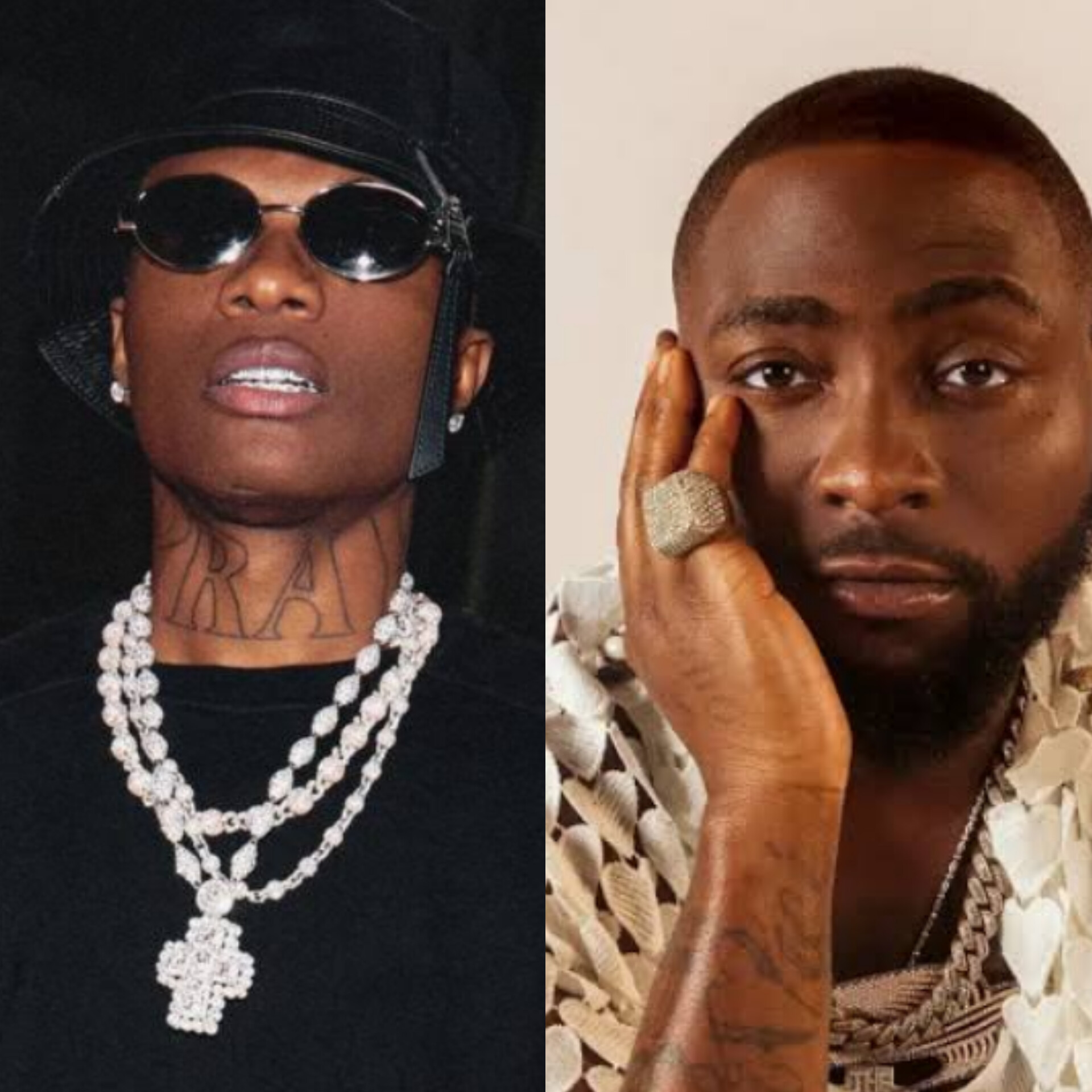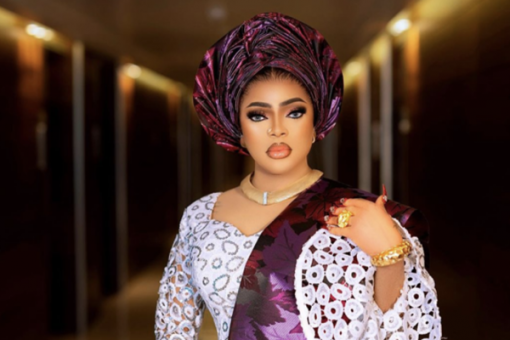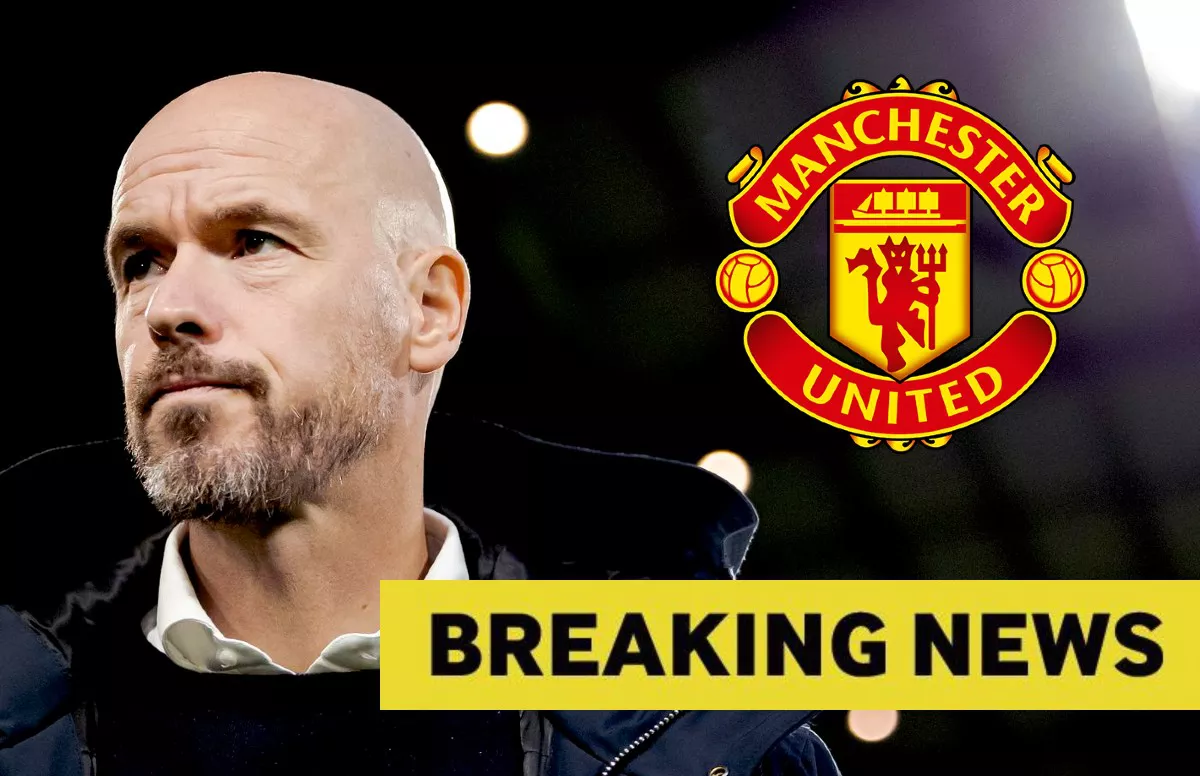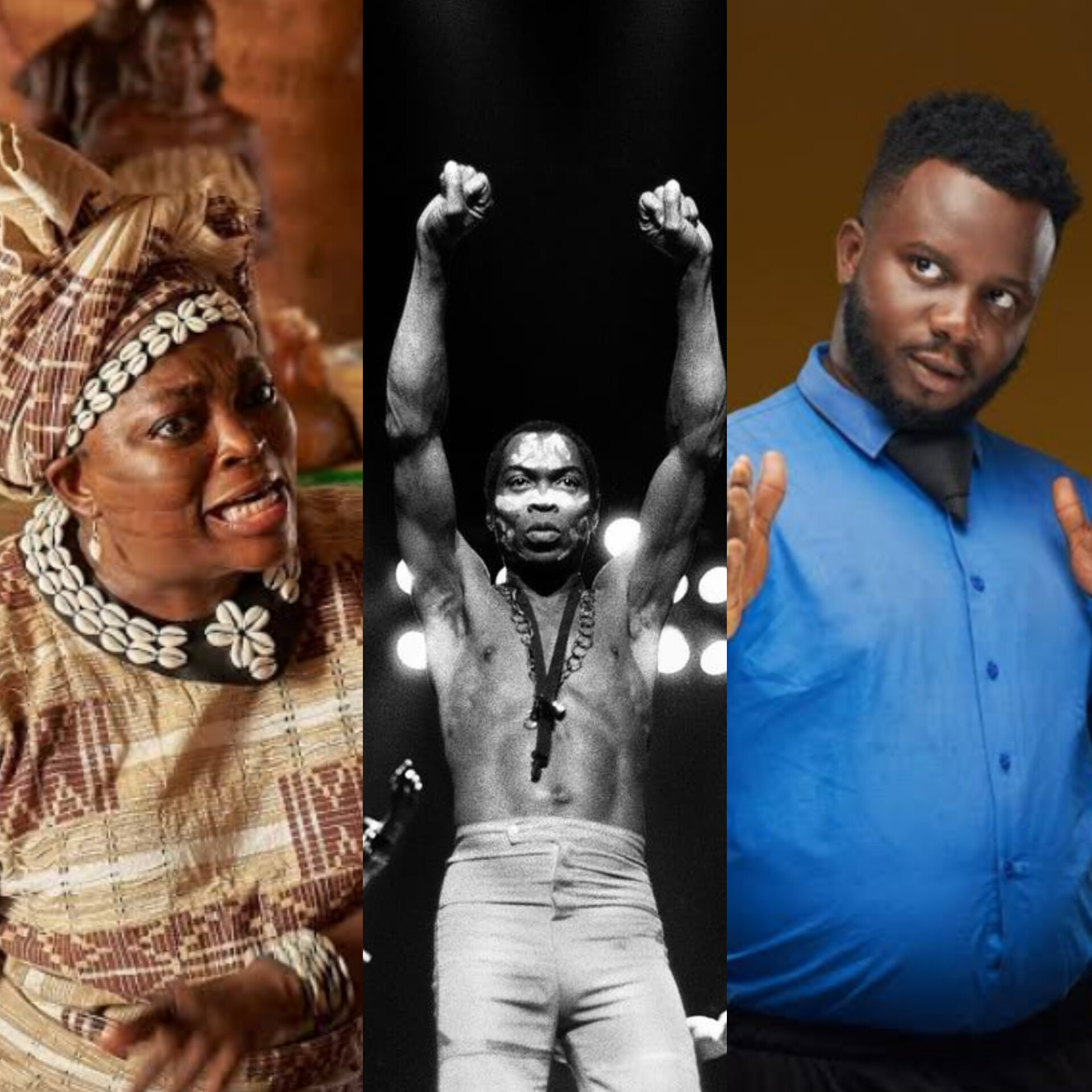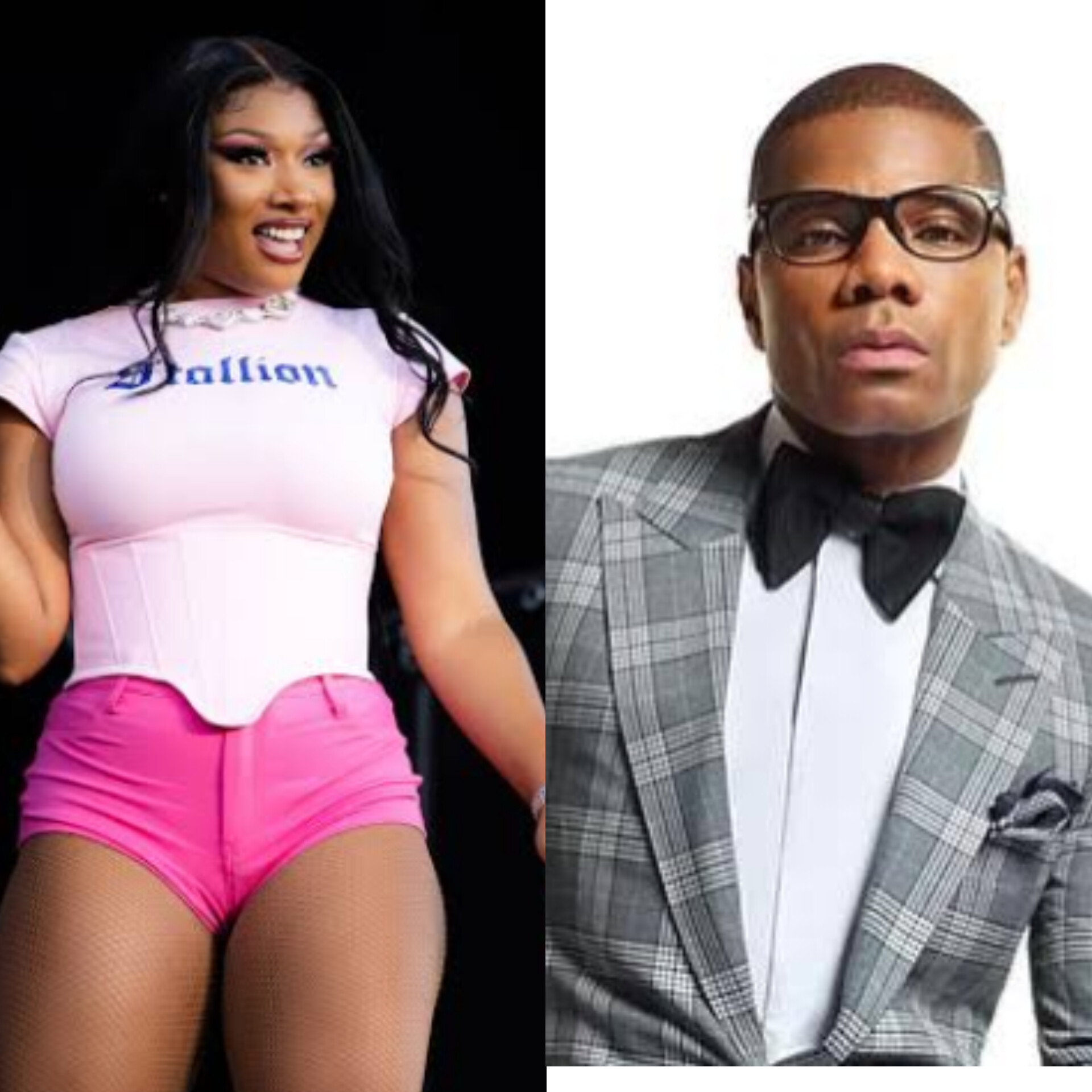By Fasuyi Tolulope Samuel
In the ever-evolving Nigerian entertainment industry, controversy has proven to be a powerful tool for public relations (PR), used by entertainers to amplify their reach and boost sales.
Over the years, this strategy has been masterfully employed by top music and film stars, with calculated feuds and sensational actions becoming a cornerstone of their promotional efforts. From the infamous rivalry between Fuji legends Pasuma and Saheed Osupa, to the ongoing banter between global Afrobeats icons Wizkid and Davido, controversy has served as a reliable vehicle for drumming up public attention. But why is this the case, and how do these tactics translate into revenue?
At the heart of it, controversy stirs curiosity. In a country like Nigeria where celebrity culture is rife, audiences are drawn to entertainers who seem larger than life, living out dramatic narratives that mirror a soap opera.
For fans, engaging in these real-life dramas creates a sense of belonging to a community. This is where the genius of entertainers comes in—they capitalize on the human instinct to seek out conflict and resolution. In the midst of a feud, people pay more attention, watch more content, and—most importantly—spend more money on the artist’s music, movies, or endorsements.
Wizkid and Davido are perfect examples of this tactic. Both megastars are widely celebrated and their music speaks for itself. However, whenever either of them gears up for a new album release, there seems to be a sudden resurgence of online spats and scandals.
Recently, ahead of his highly anticipated Morayo album, Wizkid has launched a series of subtle jabs at Davido on X (formerly Twitter), keeping both fanbases at the edge of their seats. While some view this as a genuine rivalry, many industry observers see it as an intentional move to dominate media conversations, ensuring that Wizkid’s album is top of mind for music consumers when it drops.
This strategy isn’t confined to the music world alone. In Nollywood, the Nigerian film industry, controversy plays a similar role. Eniola Ajao, an actress and filmmaker, recently caused a stir during the premiere of her movie Ajakaju (Beast of Two Worlds) by declaring popular cross-dresser Bobrisky as the “Best Dressed Female.”
The deliberate choice to embrace a divisive figure like Bobrisky guaranteed viral attention for her event, leading to greater buzz around the film itself. The resulting media storm turned Ajao’s movie premiere into a trending topic, securing press coverage that might have been otherwise unattainable.
However, these controversies aren’t without risk. For some artists, the scandal can overshadow their talent, and there is always the danger of alienating parts of their fan base. Yet, for many, the benefits outweigh the risks. In an attention-driven market like Nigeria, where visibility can make or break a project, these dramatic PR moves often lead to bigger sales figures and broader relevance.
In conclusion, Nigerian entertainers use controversy as a form of currency in a saturated media landscape, leveraging drama to stand out in the crowd. Whether it’s a feud between two music giants or a provocative decision at a film premiere, these stunts effectively keep fans talking, tweeting, and—crucially—buying. While the tactics may evolve, one thing is certain: as long as controversy sells, it will remain a staple of Nigerian entertainment.



